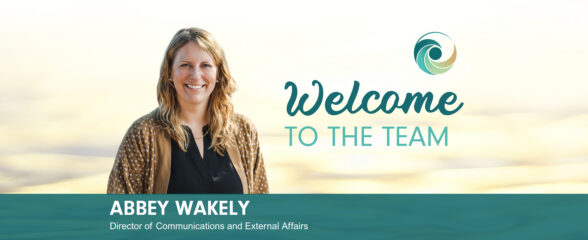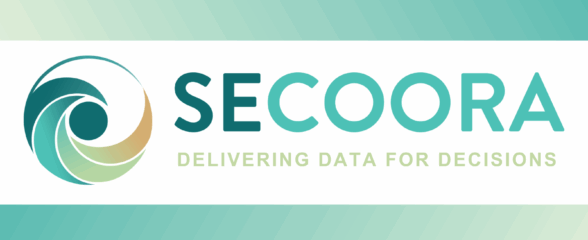
Thank you for another great year as part of the SECOORA network! Looking back on 2024, we’ve had quite a year together:
- Weathering an active hurricane season together with Hurricanes Helene and Milton
- Deploying a new ocean acidification sensor in the Florida Keys with Mote Marine Laboratory
- Working with North Carolina communities to install water level sensors in flood-prone areas
- And welcoming new member, the SC Water Resources Center of Clemson University
We have big plans for the New Year, and we hope you’ll join us in focusing on community engagement and product development, maintaining long-term observations, and further expanding community observing projects with web cameras and water level sensors.
We appreciate your partnership and look forward to working with you to expand our impact in 2025. Hopefully we will see you at SECOORA’s 2025 Annual Meeting in Atlantic Beach, North Carolina on May 14th – 15th!
Best wishes for a holiday season that includes all the things you’re wishing for,
Debra Hernandez and the SECOORA team
Related news

Abbey Wakely Joins SECOORA as Director of Communications and External Affairs
SECOORA welcomes Abbey Wakely as their new Director of Communications and External Affairs, where she will lead strategic engagement, communications, and external relations to strengthen the organization’s regional impact.

SECOORA Request for Proposals for a Data System Development, Operations, and Maintenance Service Provider
SECOORA seeks a Data System Development, Operations, and Maintenance (DMAC) service provider to act as a strategic partner while maintaining the current SECOORA Data System. Proposals are due to SECOORA by 5:00 PM ET, March 31, 2026.

Plankton Perfect: Using Imagery to Document Microscopic Marine Life
Dr. Enrique Montes is working to understand how plankton respond to changes in the ocean by capturing high resolution imagery with advanced technology. This work is funded by the Marine Biodiversity Observation Network (MBON) to use novel techniques like the Continuous Particle Imaging and Classification System (CPICS).